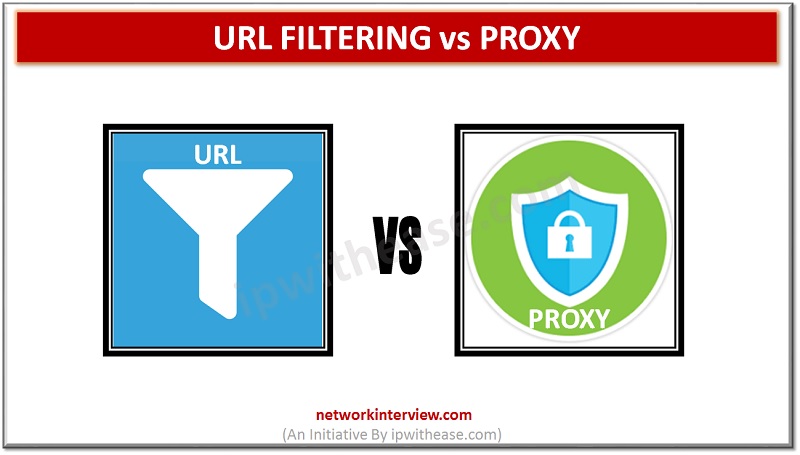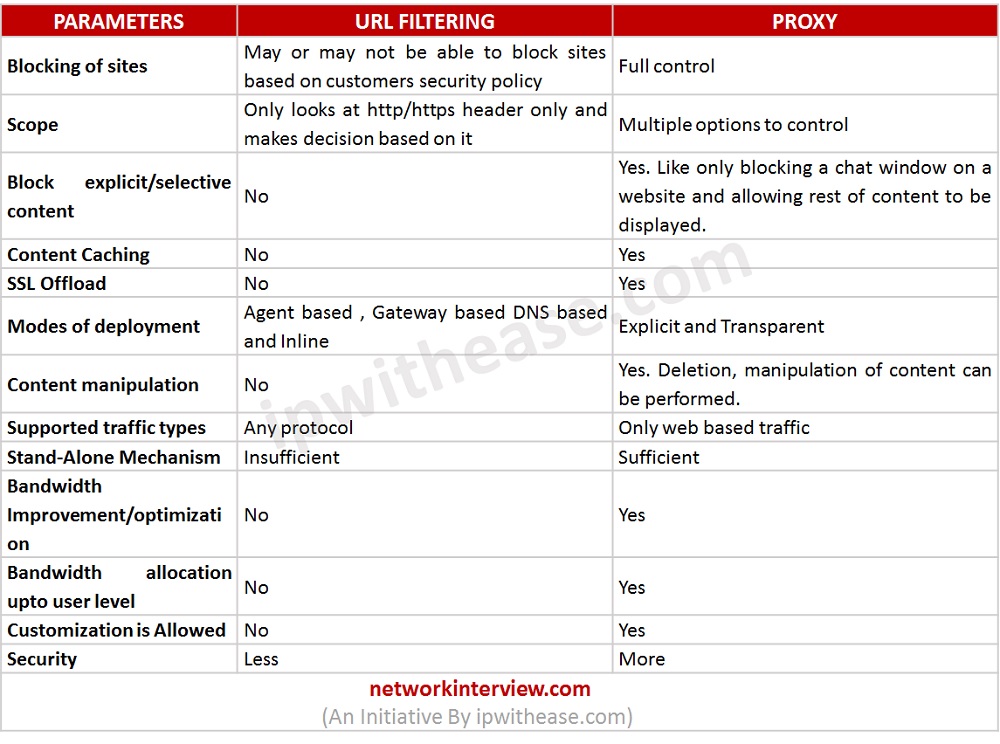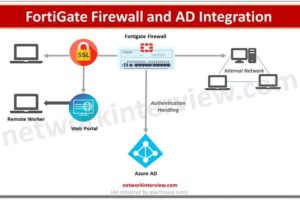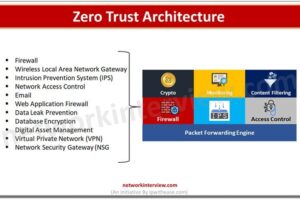
URL Filtering vs Proxy: Know the difference
What is URL Filtering?
Sometimes you browse your favorite social networking site on any of the web browser and that web browser displays the message “You are not allowed to browse following website”. This is because of the URL filtering. URL filtering is used to classify the sites on the internet in the category of allow or block access. The web users cannot access those websites which fall in the block category.
URL filtering is important in the organizations as it stops the users from accessing websites which are not required during work hours and
- Drain the productivity of the employees
- Offers some objectionable content
- Websites require bandwidth that create strain on resources.
How URL filtering is done?
URL filtering is mostly performed by the vendors. These vendors maintains highly categorized database of almost all websites available and categorize them in the allowing or blocking category based on the requirement of the organization. The blocking can be done for whole day or for some particular time of the day. The policies are generally laid down by IT department of the organization. Either hardware appliance or software application runs on the server used to connect the central database of the URL filtering that enables to particular website.
Advantages of URL Filtering:
- Safe: This approach is safe which enables the web usage with same mechanisms of policy control applied to all the applications.
- Reduce: It reduces the chances of malware incidents by blocking the websites known for malware and credential-phishing sites.
- Tailoring: It tailors the filtering controls of web via whitelists and blacklists and with database customization and custom categories.
- Facilitate: It facilitates the SSL method for the decryption policies for gaining full visibility and giving threat inspection for normal traffic websites.
What is Proxy?
Proxy server can be defined as a gateway between the user and the internet. It is considered as intermediary server that is used to separate the end users from the sites they browse. Proxy servers offer varying levels of security, privacy and functionality depending upon the need, case and policies of organization.
If proxy server is installed then the internet traffic will first flows through the proxy server on the address requested by the user. The request will again come back to the same proxy server. After this, the server forwards the information and data received from searched website to the user.
Modern proxy servers are much capable as they not only forward the web requests but also perform better in security & network performance. They act as a firewall that provides shared network connections & cache data. The proxy servers protect the users and internal network form the bad stuff that stays wild in the world of internet. High level of privacy is achieved through the proxy servers.
Advantages of Proxy servers:
- Proxy servers are used to control the usage of internet for employees and children. Proxy servers are used to monitor and control the use of internet. It helps in knowing cyberloafing.
- It saves bandwidth that improves the speed of the internet. Proxy servers improves the overall network performance as if hundreds of people are searching same website from the same proxy server, it sends only one request to that particular website. This saves bandwidth of the company.
- Privacy benefits: Proxy servers are used to browse the website more privately. IP address is changed by some of the proxy servers that change the IP address and hence destination server cannot know about the user who has made the request.
- Improved Security: Proxy servers provide top notch security. It prevents from malicious websites and also encrypts the data that keeps prying eyes from reading the actual data.
- It allows the access to blocked resources that are imposed by the organization or government.
Let’s consider an example which simplifies how URL Filtering and Proxy differ in their working. Users from an organization want to access “Facebook.com”. In this case, URL Filter can either Block or allow the access to this website (same can be done by proxy). However, let’s move one step forward where only selective content from Facebook site needs to be restricted. This is where proxy scores over URL filtering i.e. proxy can stop a chat window or game window from opening inside facebook.com. Hope this example help elucidate the difference between both the topics in discussion.
Tabular Comparison : URL filtering vs Proxy

Continue Reading:
URL Filtering vs Content Filtering
Tag:comparison, Security



